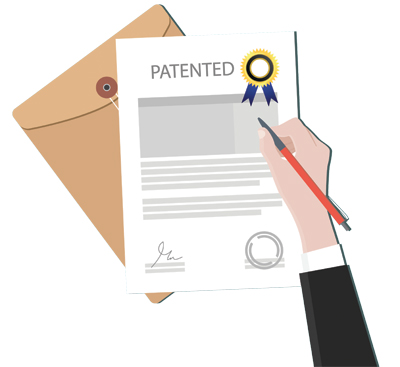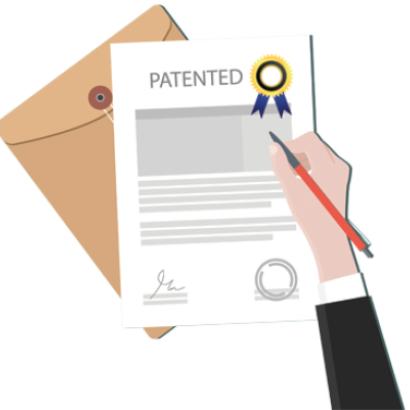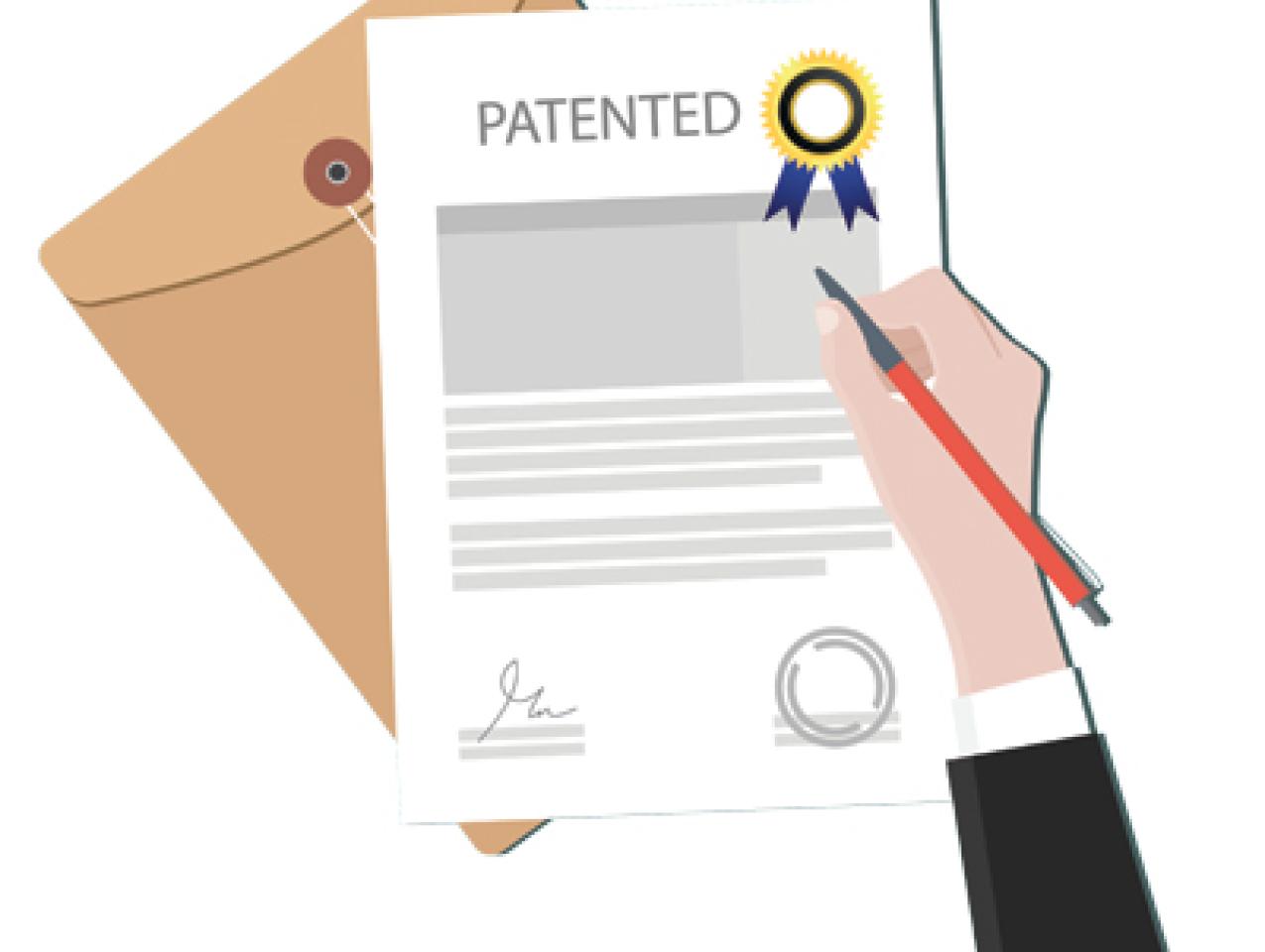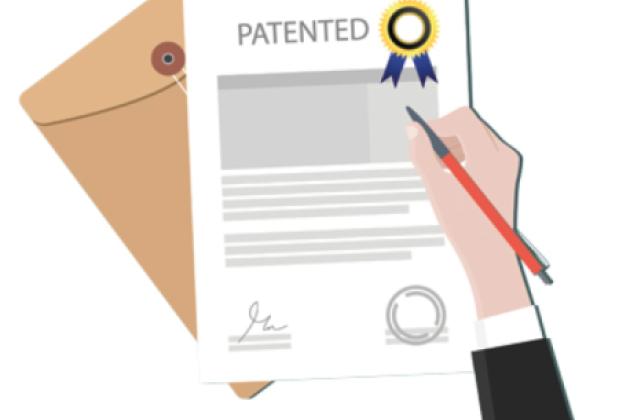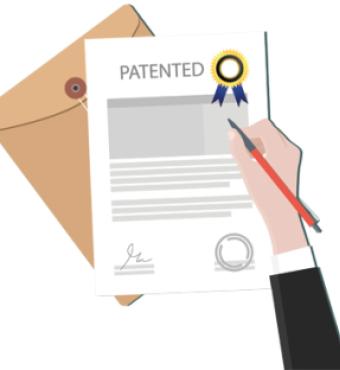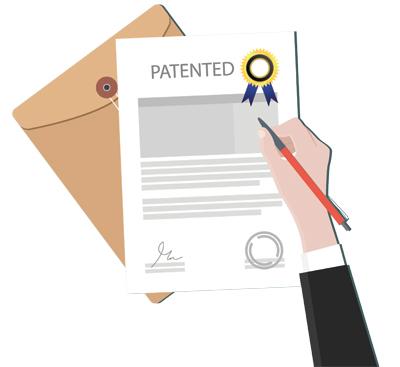- Energy & Environment
- Science & Technology
- Law & Policy
ABSTRACT:
The commitment to license patents that are essential to technical interoperability standards on terms that are fair, reasonable and non-discriminatory (FRAND) is a fundamental mechanism that enables standards to be developed collaboratively by groups of competitors. Yet disagreements over FRAND royalty rates continue to bedevil participants in global technology markets and litigation regarding compliance with FRAND commitments has led an increasing number of courts around the world to adjudicate FRAND royalty rates using very different methodologies and doctrinal approaches. The issues affecting the FRAND licensing system can be summarized as deficiencies in transparency, consistency and comprehensiveness. Together, these issues reduce the overall fairness and accuracy of the system and result in excess administrative and transactional costs.
This article, for the first time, lays out a roadmap for the establishment of an expert FRAND rate-setting tribunal that promotes the tripartite goals of transparency, consistency and comprehensiveness. This FRAND Tribunal is modelled on the U.S. Copyright Royalty Board and similar rate-setting agencies, though it is envisioned not as a governmental body, but an international non-governmental organization. The proposal calls for the modification of SDO policies either to mandate or make available the resolution of FRAND royalty disputes through this rate-setting mechanism. The FRAND Tribunal will collect all available evidence regarding the patented and unpatented technologies involved in a particular standard, determine an aggregate (top-down) royalty rate for the standard as a whole, and apportion royalties among all holders of essential patents. It is hoped that such a tribunal will bring greater predictability and stability to the technology development ecosystem while reducing inefficient litigation.
Read the paper: Global Rate-Setting: A Solution For Standards-Essential Patents






